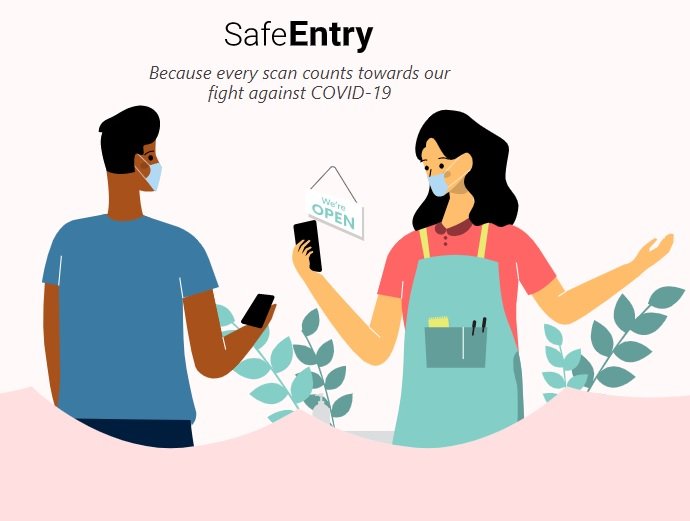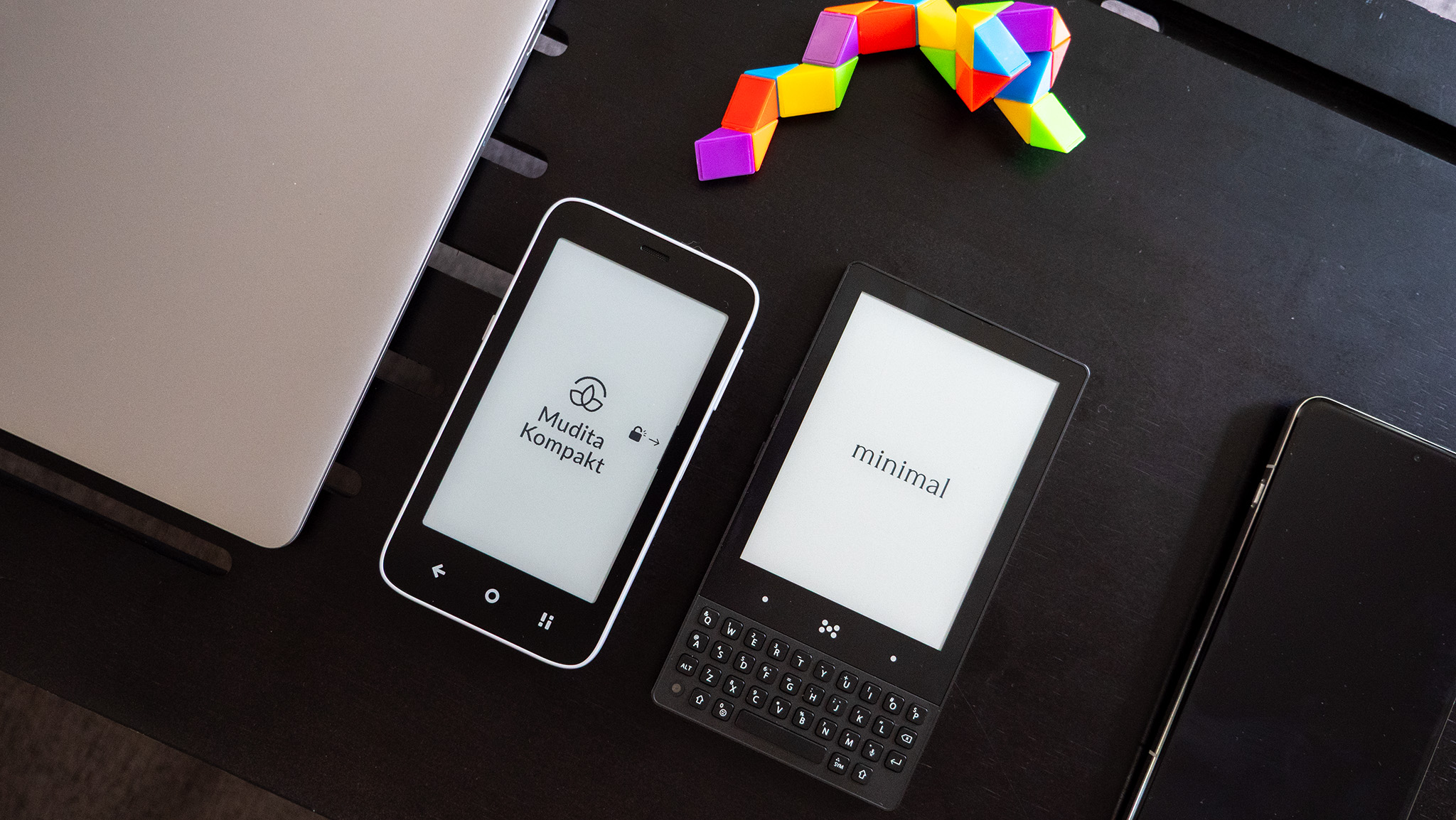Spurred by low adoption of its app, Singapore introduces highly-invasive, mandatory COVID-19 surveillance

What you need to know
- Singapore has seen low adoption of its contact tracing app, and a second wave of COVID-19 cases.
- As a result, it is introducing a mandatory surveillance operation called SafeEntry.
- It requires users to scan a barcode using their smartphones when entering certain locations including schools, stores, hotels, and workplaces.
Singapore is today introducing tough and invasive new surveillance measures to crack down on a second wave of COVID-19 cases, in part due to a low adoption rate of its contact tracing app.
As noted by Forbes:
Hit by a second wave of infections and with the take-up of its TraceTogether app hovering at too low a level to make enough of a difference, the city state has moved to the next level, launching a new contact-tracing surveillance program that will strike fear into those groups campaigning against the use of these technologies.
According to the report, Singapore's TraceTogether app has only been downloaded by 20-25% of the population. Estimates for the effective adoption rate range from 56% to as high as 80%. Seeing its tracing app fall on deaf ears, Singapore is introducing a new SafeEntry operation, which requires users to check-in to busy public places using either a national form of ID, or by scanning a QR code with their phone. Documentation from the Singapore Ministry of Health states:
As announced previously, businesses and services that are in operation must come on board SafeEntry to log the check-in of employees and visitors. As a start, deployment will be made mandatory for places where individuals are likely to be in close proximity for prolonged periods or in enclosed spaces, or where there is higher traffic. To date, SafeEntry has been deployed at over 16,000 premises.
The full list of places where the technology must be deployed includes workplaces, schools, universities and pre-schools, healthcare facilities, residential care facilities, hairdressers, supermarkets, malls, and hotels. commuters are even being sold to scan QR codes in taxis when taking "street-hail trips". Retail outlets are being encouraged, but not required to deploy the technology.
The stark news highlights how contact tracing by way of an app may not be effective without mass adoption, and paints a harrowing picture of the invasive lengths Singapore seems to be willing to stretch to in order to control the pandemic.
Have you listened to this week's Android Central Podcast?

Every week, the Android Central Podcast brings you the latest tech news, analysis and hot takes, with familiar co-hosts and special guests.
Be an expert in 5 minutes
Get the latest news from Android Central, your trusted companion in the world of Android

